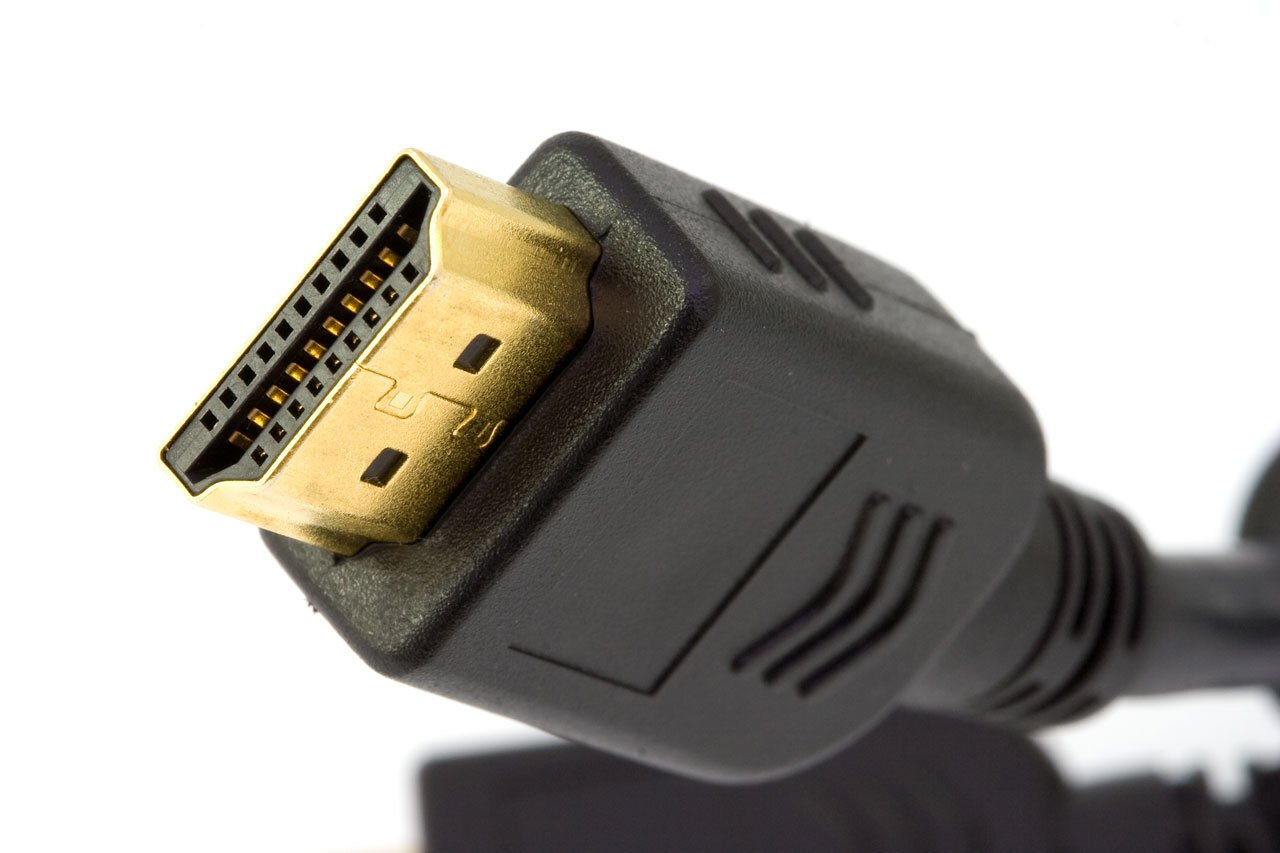Roku is exploring ways to show consumers ads on its TVs even when they are not using its streaming platform: The company has been looking into injecting ads into the video feeds of third-party devices connected to its TVs, according to a recent patent filing.
This way, when an owner of a Roku TV takes a short break from playing a game on their Xbox, or streaming something on an Apple TV device connected to the TV set, Roku would use that break to show ads. Roku engineers have even explored ways to figure out what the consumer is doing with their TV-connected device in order to display relevant advertising.



But when the people who paid them can’t move their product because it has the Roku name on it, it all of a sudden becomes very pointful.
To some extent yes. However, the problem doesn’t go away. It just becomes cyclical.
Not many people out there are likely to say that they haven’t spent money on a number of brands hopping from one to the other until the enshittifcation catches up to the brand.
When we run out of brands, then what? Amazon Firestick, Google Chromecast, Roku, Android TV, WebTV OS …
I just think on top of not buying their products in the future, it would make sense to also fight the fight that will prevent others from doing the same thing now and in the future. Eliminate the need to turn away from a brand because they are allowed to screw us on the value of our purchase trying to milk us for more profit. TV prices might go up a few hundred or more (and if you want a new feature, it might cost you) but you know that what it does or doesn’t do when you get, it will still do it later on it’s it’s lifespan. Of course, this will be all moot once hardware becomes a subscription model. The lack of personal ownership of things in the name of perpetual profits is a thing coming …
So what you’re talking about then is combating the violence inherited in the system.
Not sure what this means tbh but financial violence is a really good way to put it. lol